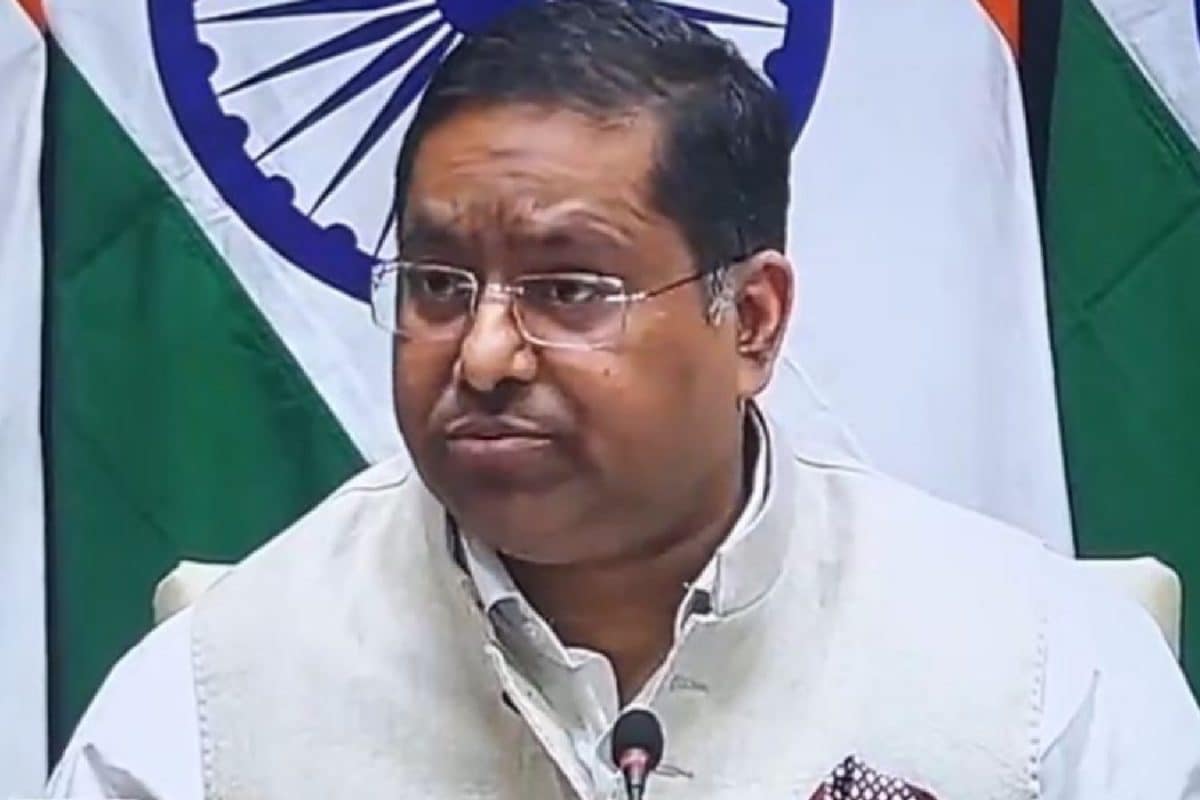

India has voiced strong concerns regarding potential double standards in the implementation of EU sanctions targeting Russia's energy revenues, emphasizing its commitment to securing its own energy needs and cautioning against discriminatory practices. This stance comes in response to the EU's latest round of sanctions on Russia, which include measures aimed at curbing Russia's energy revenues, targeting its banking sector, and weakening its military-industrial complex. The EU's 18th package of sanctions also included a reduction of the oil price cap and the designation of the Vadinar Refinery in Gujarat, in which Russian energy firm Rosneft has a major stake.
Ministry of External Affairs (MEA) spokesperson Randhir Jaiswal reiterated India's position, stating that the government does not subscribe to unilateral sanctions. He emphasized that securing energy for the Indian population is a paramount responsibility and cautioned against double standards in energy trade. This response follows threats from NATO chief Mark Rutte, echoing the US, that countries like India, China, and Brazil would face consequences for purchasing Russian exports.
India has consistently maintained its strategic autonomy in its foreign policy decisions, particularly concerning energy procurement. Union Minister of Petroleum and Natural Gas Hardeep Singh Puri affirmed that India has diversified its sources of oil and is confident in meeting its energy needs from alternative sources if Russian supplies are affected by sanctions. He noted that India now sources oil from 40 countries, compared to 27 previously, indicating a resilient and adaptable approach to energy security.
The EU's new sanctions package includes a lowered oil price cap, reducing it from $60 to about $48 a barrel, and targets a Rosneft-linked oil refinery in Gujarat. The EU will now set a moving price cap on Russian crude at 15% below its average market price. "Full-fledged sanctions (asset freezes, travel bans, bans on providing resources) target Russian and international companies managing shadow fleet vessels, traders of Russian crude oil and a major customer of the shadow fleet – a refinery in India with Rosneft as its main shareholder," the EU said in a statement. The bloc will also ban the import of refined petroleum products made from Russian crude oil and coming from any third country.
These measures have sparked debate regarding their potential impact on India. While the lowered price cap could potentially benefit India by allowing it to purchase Russian crude at cheaper rates, the inclusion of the Nayara Energy refinery in the sanctions raises concerns about potential disruptions to India's energy supply chain. As a result of the sanctions, Nayara will no longer be able to export refined products such as petrol and diesel to European countries. It remains unclear how this measure will impact several Indian refiners that ship their products made from Russian crude to EU member states.
India has historically refrained from supporting unilateral sanctions, advocating for dialogue and diplomacy to resolve the Russia-Ukraine conflict. Despite pressure from the West, India has maintained its engagement with Russia, prioritizing its energy security and economic interests. This position aligns with India's broader foreign policy principles of non-alignment and multi-alignment, allowing it to pursue its national interests while engaging with various global powers.